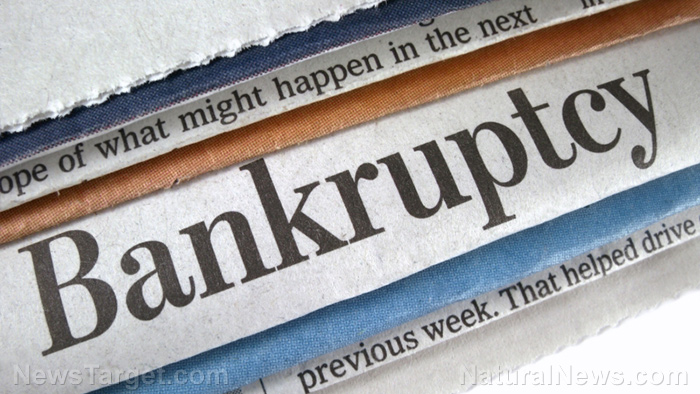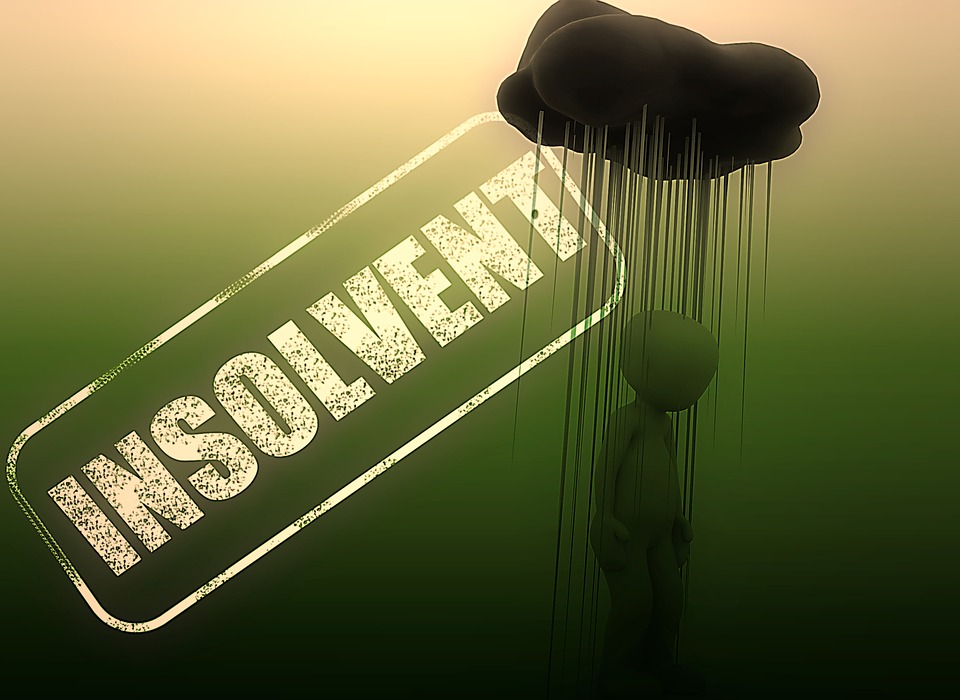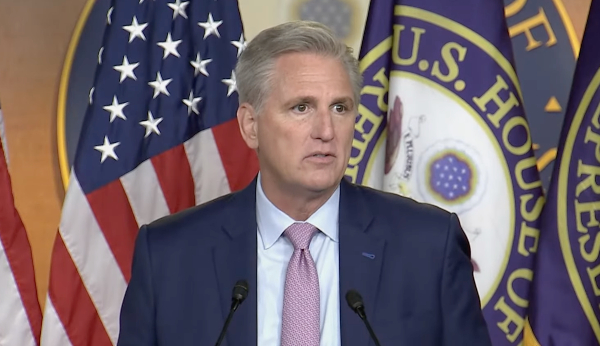Americans should prepare for a credit crunch, experts warn
05/04/2023 / By Cassie B.

The recent banking crisis in the United States has led to widespread concerns of a looming credit crunch and the negative effects that it will have on American families and businesses as well as the economy as a whole.
U.S. Treasury Secretary Janet Yellen recently told the media that she expects banks to be more cautious in the aftermath of the collapse of Silicon Valley Bank and Signature Bank. She said: “We already saw some tightening of lending standards in the banking system prior to that episode, and there may be some more to come.”
Meanwhile, Federal Reserve Chair Jerome Powell said at a news conference that the turmoil in the banking sector is “likely to result in tighter credit conditions for households and businesses, which would in turn affect economic outcomes.”
The chief economist of Citibank, Nathan Sheets, has also warned that the nation could be headed for a credit crunch as well as a recession in the next few months in the wake of the bank collapses and the Fed’s monetary tightening.
As for when he expects this to happen, Sheets noted: “That’s something that will unfold in [the] coming months and quarters, and could indeed make that recession that we’re expecting somewhat longer than it would be otherwise and somewhat deeper.”
In a credit crunch, banks are significantly less likely to lend money, making it more difficult for people to make the types of large purchases that tend to require loans, such as homes and vehicles. Less credit would also be available for businesses.
This slowdown in economic activity could see mass layoffs on top of those we have already seen in recent months as well as business failures and consumers defaulting on debts. If the credit crunch continues, financial institutions may become even stricter in their lending standards, spurring a downward spiral some believe will be one of the biggest problems facing our nation in the next six months.
In this type of environment, those who seek to apply for a loan or extend their credit could well encounter tighter lending requirements. This is bad news at a time when standards are already tightening, with several banks recently tightening qualifications for credit cards, home equity lines of credit and car loans by raising the minimum accepted credit score and interest rates and reducing credit limits.
There are many signs of a major economic downturn throughout the country, with Disney laying off thousands of workers, Bed, Bath and Beyond closing its doors entirely, and Walmart closing multiple stores throughout the country.
How can Americans prepare for a potential credit crunch?
Although there is not much we can do to stop what is most likely coming, people who are anticipating a need to borrow money in the near future should start taking steps to make sure their credit is as good as possible. This may mean reducing your credit utilization rate, reviewing your credit report and disputing errors on it, and being sure to pay debt payments like credit card bills on time every month. Meanwhile, businesses that have loans that are approaching the end of their term should roll it over or refinance it as soon as possible rather than waiting.
Experts are also advising Americans to make sure they have cash on hand to cover emergency situations, such as a period of joblessness or a full economic collapse. Of course, that is easier said than done at a time when inflation remains high and many people are struggling to cover the rising costs of everyday goods and groceries.
Sources for this article include:
Submit a correction >>
Tagged Under:
banking, bubble, chaos, collapse, credit crunch, credit score, debt bomb, debt collapse, economic collapse, economic riot, economy, finance riot, inflation, market crash, money supply, panic, pensions, risk
This article may contain statements that reflect the opinion of the author
RECENT NEWS & ARTICLES
COPYRIGHT © 2020 Debtbomb.news
All content posted on this site is protected under Free Speech. Debtbomb.news is not responsible for content written by contributing authors. The information on this site is provided for educational and entertainment purposes only. It is not intended as a substitute for professional advice of any kind. Debtbomb.news assumes no responsibility for the use or misuse of this material. All trademarks, registered trademarks and service marks mentioned on this site are the property of their respective owners.

















